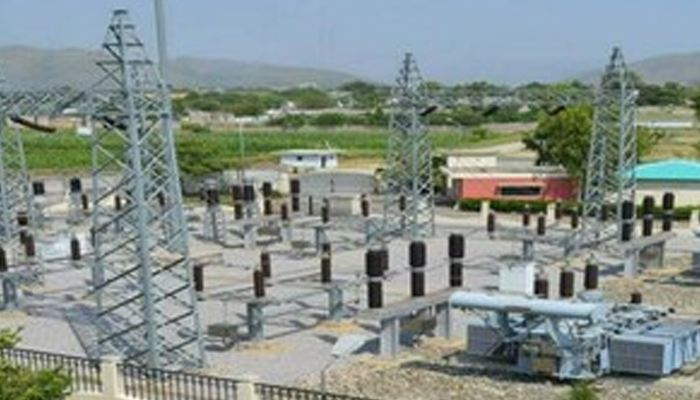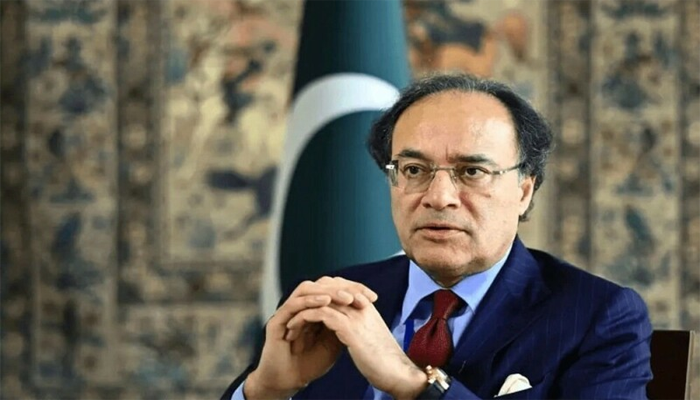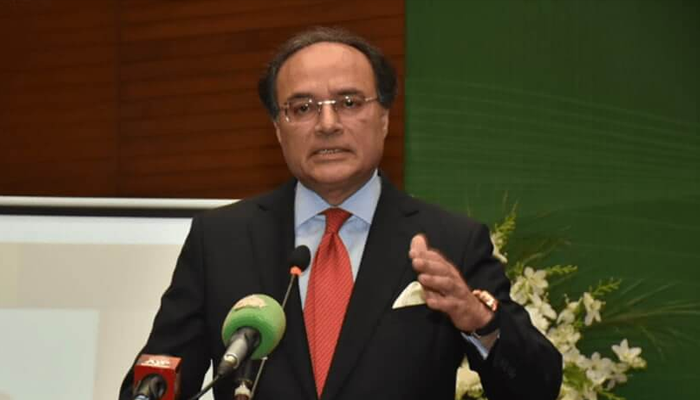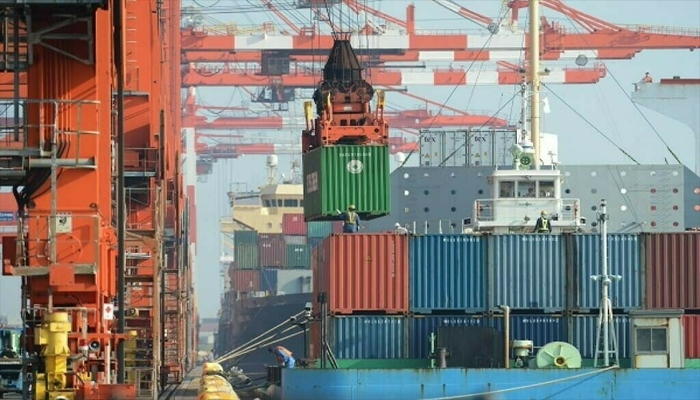ISLAMABAD: The delay in the decision by the Oil and Gas Regulatory Authority (Ogra) regarding Sui Southern Gas Company (SSGC)’s revenue requirement for the fiscal year 2022-23 has ignited a wave of controversy. This decision, made nearly a year later than expected, has raised suspicions, especially following the rapid rise in SSGC’s share price, which surged by an astonishing 600% between October 2024 and January 2025. With accusations of favoritism and bias flying, the case has become one of the most discussed issues in the country’s energy sector.
Ogra’s approval of SSGC’s final revenue requirement (FRR) on October 1, 2024, came after a prolonged delay, which many analysts and industry insiders found concerning. The revenue requirement is crucial for the gas distribution company’s operations, dictating how much money the company needs to operate and continue providing services to consumers. This decision came nearly a year after it was originally due, prompting questions about why it took so long for the authority to finalize the matter.
What caught the attention of market observers was the subsequent surge in the share price of SSGC. From October 21, 2024, to January 1, 2025, the company’s share price rose from Rs8 to Rs42 per share, an increase of over 500%. Market watchers were quick to point out that there were no major corporate developments or announcements by SSGC that could explain such a sharp price rise. This unusual activity did not go unnoticed by the Pakistan Stock Exchange (PSX), which issued a notice on November 13, 2024, asking SSGC to clarify any factors that might have influenced the drastic surge in share price.
SSGC responded on November 15, 2024, stating that no material developments had contributed to the stock price fluctuations, but this explanation failed to alleviate the growing skepticism among market participants. The timing of the price surge, following the delayed approval of the FRR, further fueled suspicions that there may have been some behind-the-scenes influence affecting the stock market.
In the midst of this unfolding situation, Sui Northern Gas Pipelines Limited (SNGPL), another key player in Pakistan’s gas sector, filed a writ petition against Ogra’s decision on June 27, 2024. SNGPL took issue with the methodology used by Ogra in calculating the return on assets and human resource (HR) benchmark costs, arguing that the regulator’s approach was biased and unfair.
The timing of Ogra’s approval of SSGC’s FRR, which was held back until after a news report by Business Recorder on April 21, 2025, only added to the controversy. The regulator uploaded the FRR to its website the following day, leading to further suspicions that there may have been an intentional delay in disclosing the decision. Critics argued that this delay may have been designed to protect the interests of certain stakeholders, with many questioning the transparency of the process.
When Ogra finally approved SSGC’s revenue requirement, it allocated a significant sum of Rs19,659 million for the company’s HR benchmark, which was Rs91 million more than the amount that SSGC had requested. In contrast, SNGPL’s HR benchmark request was entirely rejected by Ogra, which led to claims of unequal treatment between the two companies.
Furthermore, Ogra approved a generous 50% allowance for the Consumer Price Index (CPI) for SSGC, while SNGPL, a profit-making company, received only a 25% allowance. Critics argued that this decision put SNGPL at a financial disadvantage, despite the company being three times larger than SSGC. The inclusion of fixed charges – typically used to address the circular debt issue in the gas sector – in SSGC’s profit further fueled accusations that the decision favored SSGC and undermined the government’s efforts to curb the growing debt in the energy sector.
Adding to the growing tension, SNGPL filed a writ petition challenging Ogra’s FRR decision for the fiscal year 2022-23. In its petition, SNGPL argued that it had been unfairly treated compared to SSGC, despite being a much larger company. The petition highlighted the disparity in the treatment of the HR benchmark and the CPI allowances, alleging that Ogra’s actions were biased and inconsistent.
A corporate briefing by SSGC in December 2024 revealed a surprising gain of Rs1,474 million in its HR benchmark, while SNGPL, in contrast, reported a loss of Rs6 billion under the same head. SNGPL’s legal challenge raised concerns about the fairness of Ogra’s decisions and whether the regulatory body had taken appropriate steps to ensure equitable treatment for both companies.
In response to the allegations, Ogra defended its actions, describing the claims as “baseless.” A spokesperson for the regulatory body stated that the matter was currently subjudice before the Lahore High Court (LHC) and that Ogra would refrain from commenting on the ongoing legal proceedings. The spokesperson also dismissed the accusations regarding the share price surge, calling the figures “significantly exaggerated” and accusing SNGPL of initiating a campaign to influence Ogra’s upcoming revenue determination for the fiscal year 2025-26.
The situation brought to mind a previous investigation into OGRA’s actions in 2013, which revealed that under the leadership of ex-chairman Tauqeer Sadiq, the regulatory authority had inflicted massive financial losses on the national exchequer. Sadiq was accused of making illegal appointments within Ogra, manipulating the share prices of gas distribution companies, and allowing practices that contributed to billions of rupees in losses.
The ongoing controversy surrounding Ogra’s decision on SSGC’s revenue requirement has raised serious questions about the fairness and transparency of regulatory decisions in Pakistan’s energy sector. The delayed decision, the sharp rise in SSGC’s stock price, and the legal challenges filed by SNGPL have only added to the growing sense of mistrust among market participants and industry stakeholders. With the case now before the Lahore High Court, it remains to be seen how the legal proceedings will unfold and whether the regulatory authority will be held accountable for its actions.
As Pakistan’s energy sector continues to face challenges related to debt, inefficiency, and regulatory oversight, the SSGC controversy serves as a reminder of the need for greater transparency and fairness in decision-making processes. Whether or not Ogra’s actions were influenced by external factors, the case has highlighted the deepening divisions within the gas distribution industry and the ongoing struggle to balance the interests of different stakeholders in an increasingly volatile market.









